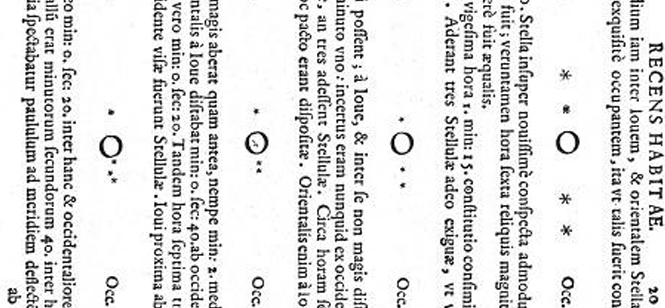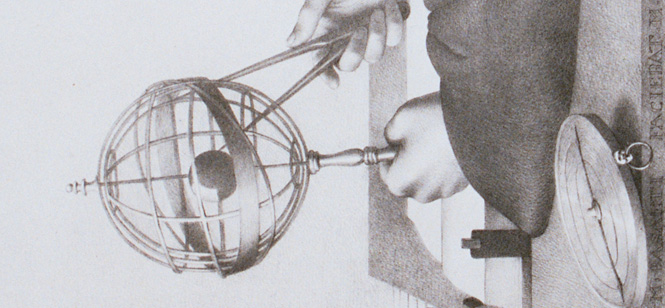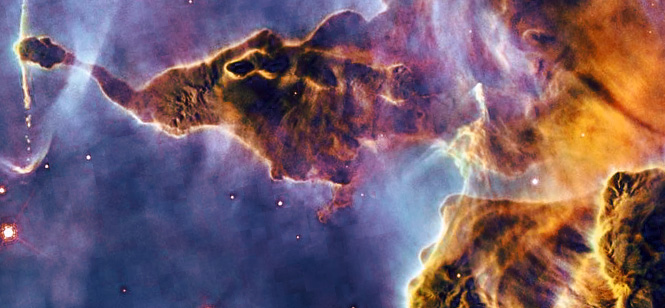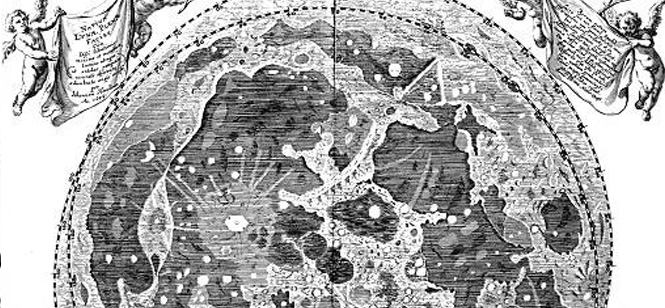- Institute for the History of Science of the Polish Academy of Sciences
The publication of De revolutionibus by Copernicus in 1543 initiated a revolutionary change in the views of people on the cosmos and movement of celestial bodies, but at the beginning the process was slow.
 English (United Kingdom)
English (United Kingdom)  Polski (PL)
Polski (PL) 









